Sound Association Normal Alphabet Worksheets for Ages 3-7
23 filtered results
-
From - To
Discover our engaging Sound Association Normal Alphabet Worksheets designed for children ages 3-7! These carefully crafted worksheets encourage young learners to connect letters with their corresponding sounds, fostering phonemic awareness through fun and interactive activities. Each worksheet provides clear visuals and examples, making it easy for your child to practice letter recognition and sound associations. Ideal for preschool and early education settings, our worksheets support early literacy skills while keeping learning enjoyable. With a variety of exercises tailored to different learning styles, your child will build a strong foundation in reading and writing. Start their alphabet journey today!
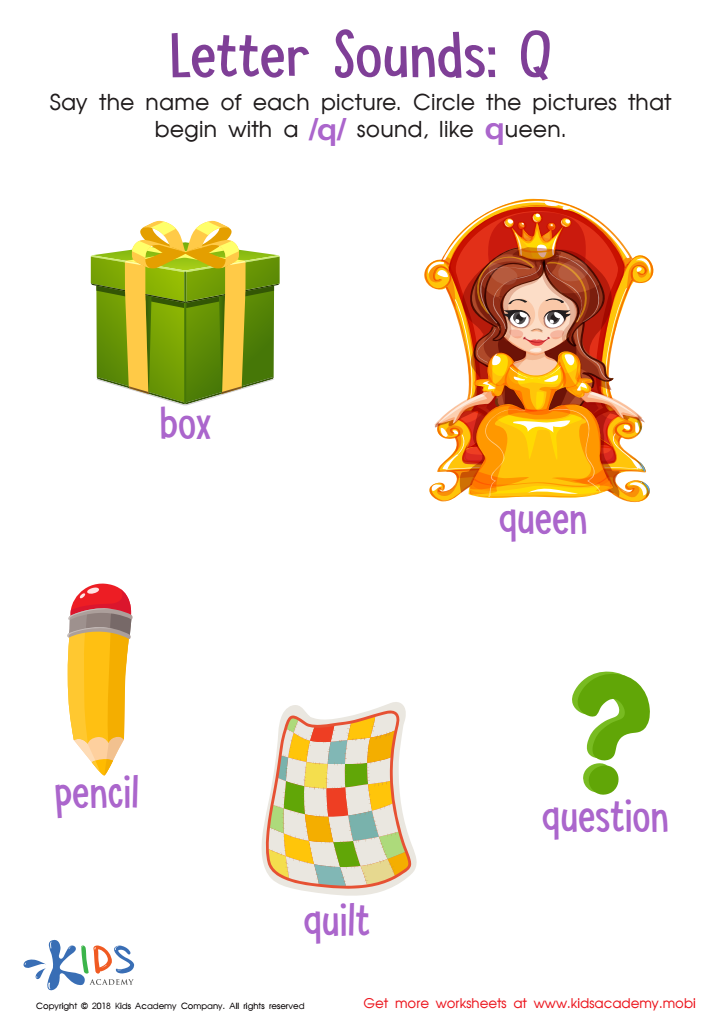

Letter Q Sounds Worksheet
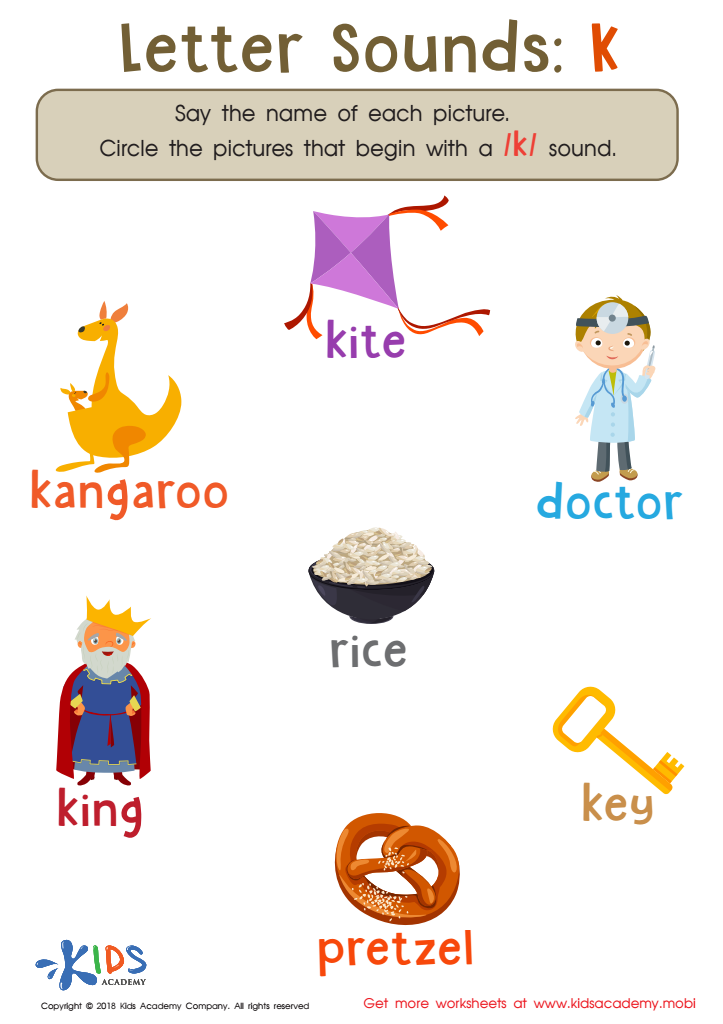

Letter K Sounds Worksheet
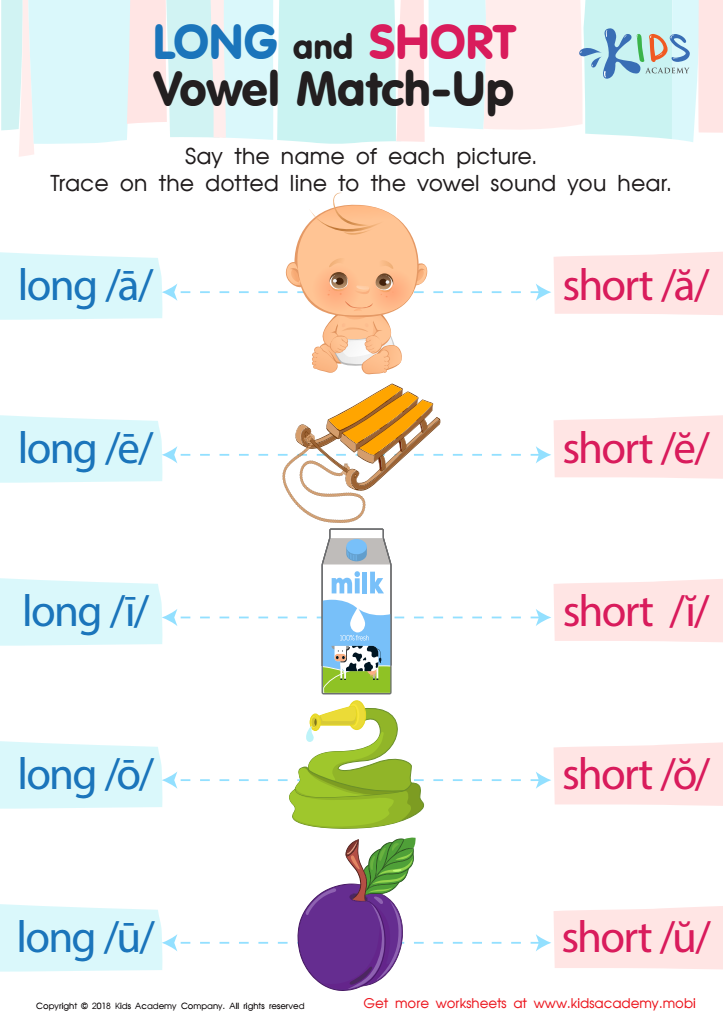

Long and Short Vowel Match up Reading Worksheet
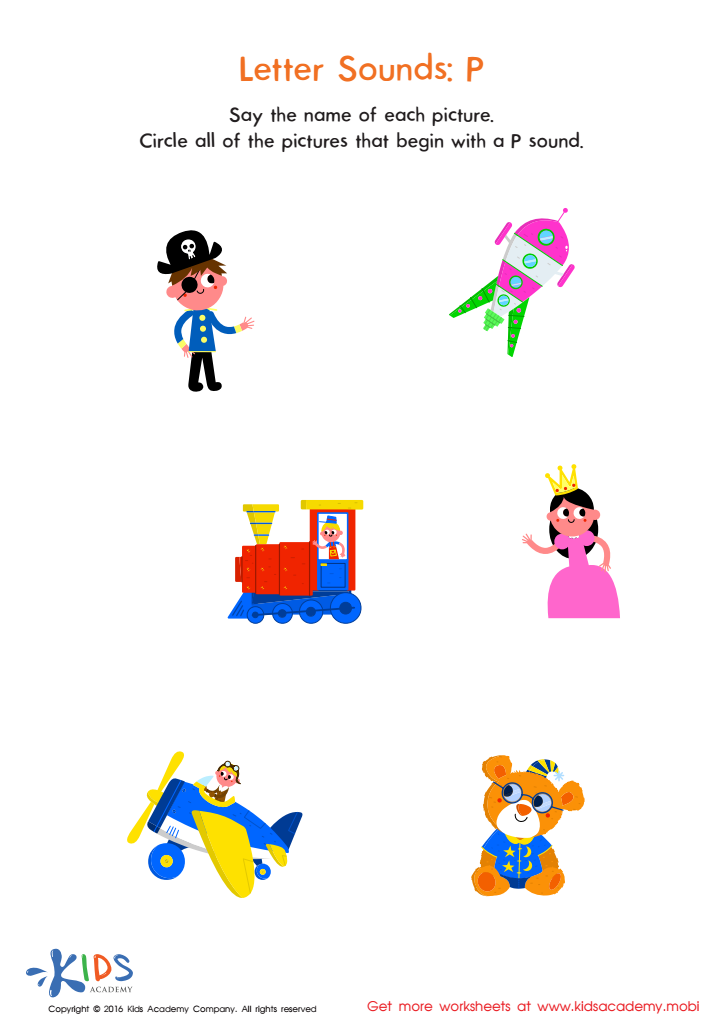

Letter P Sound Worksheet
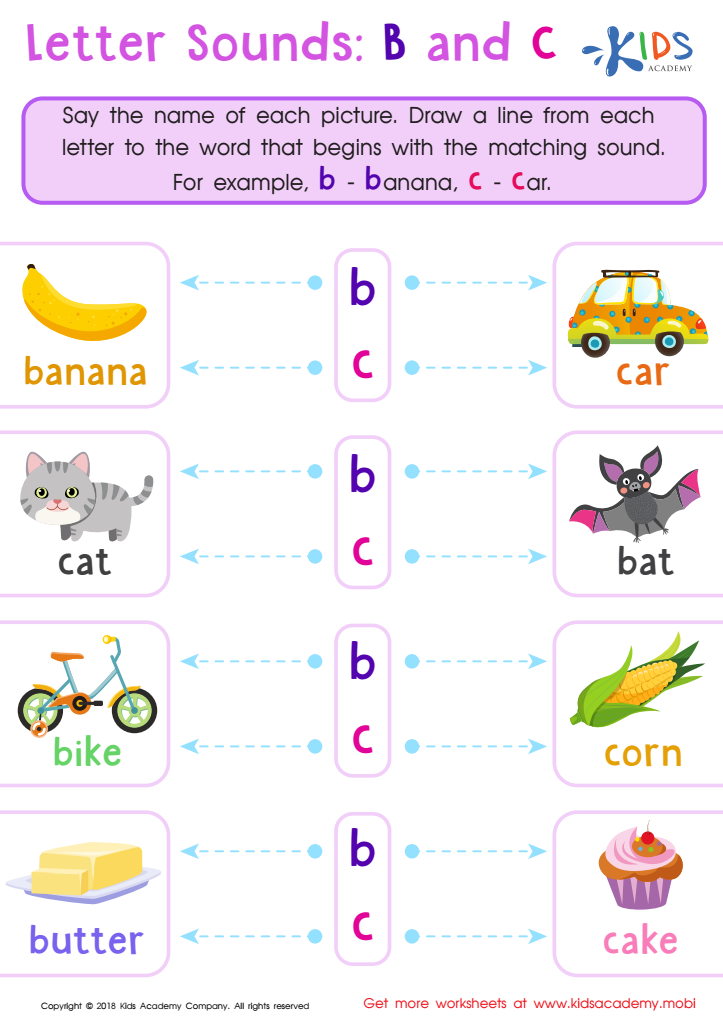

Letter B and C Sounds Worksheet
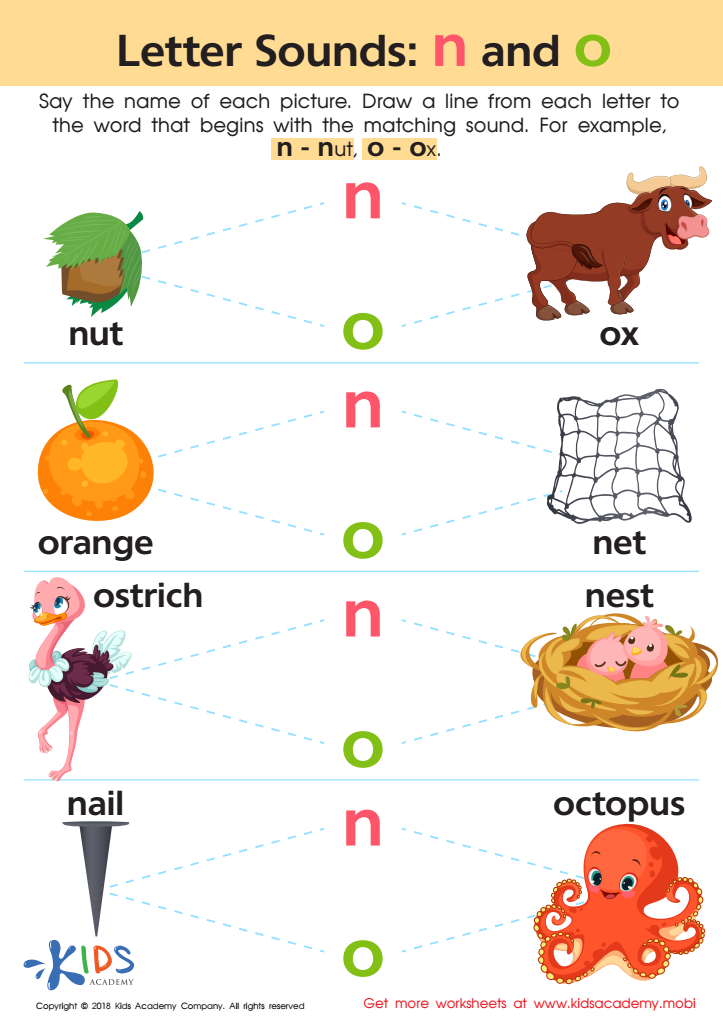

Letter N and O Sounds Worksheet
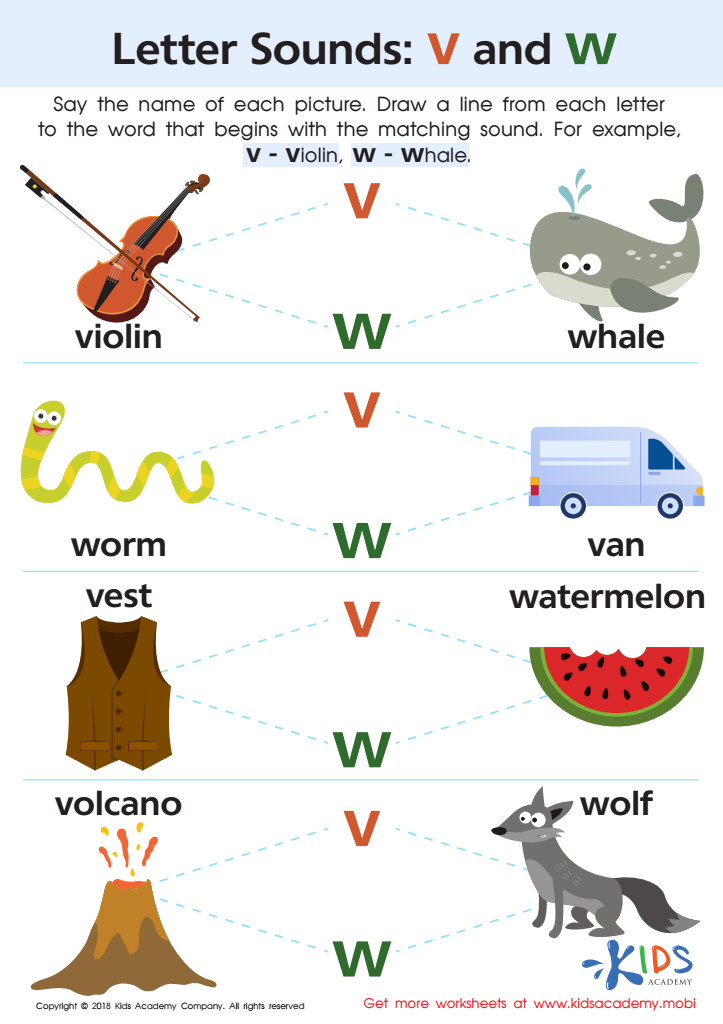

Letter V and W Sounds Worksheet
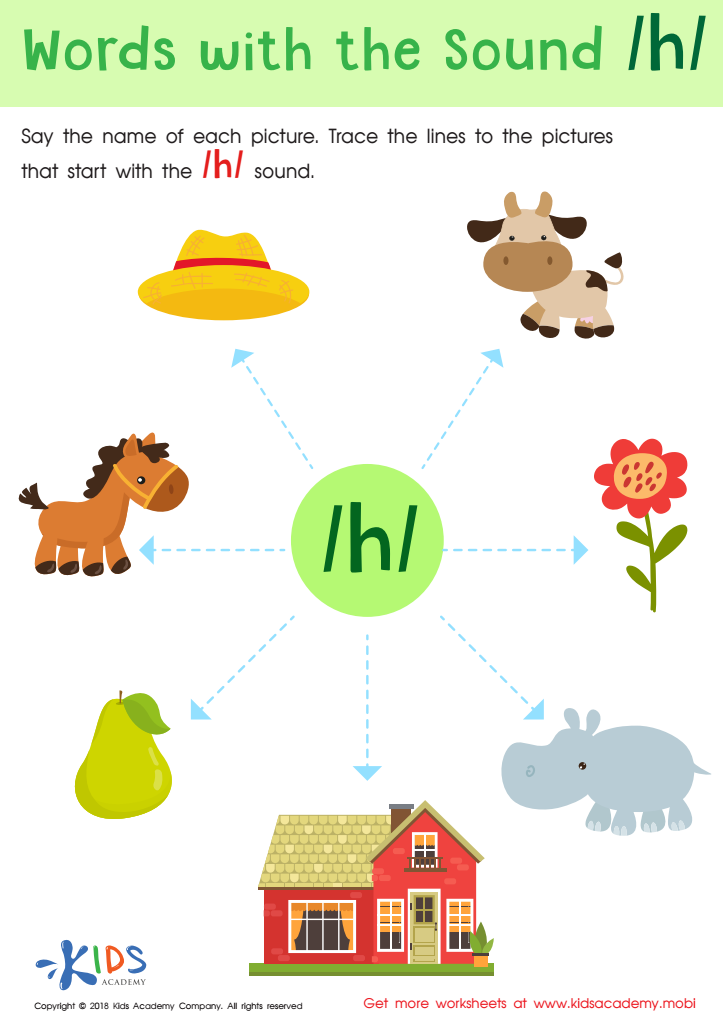

Words with sound h Reading Worksheet
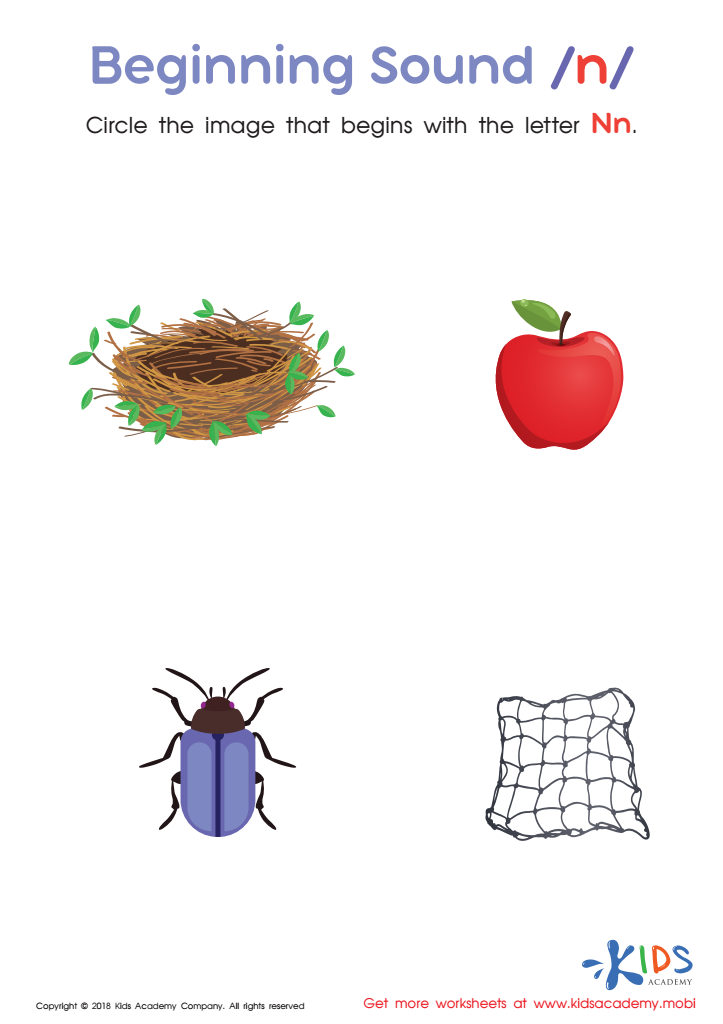

Beginning Sound «n» Worksheet
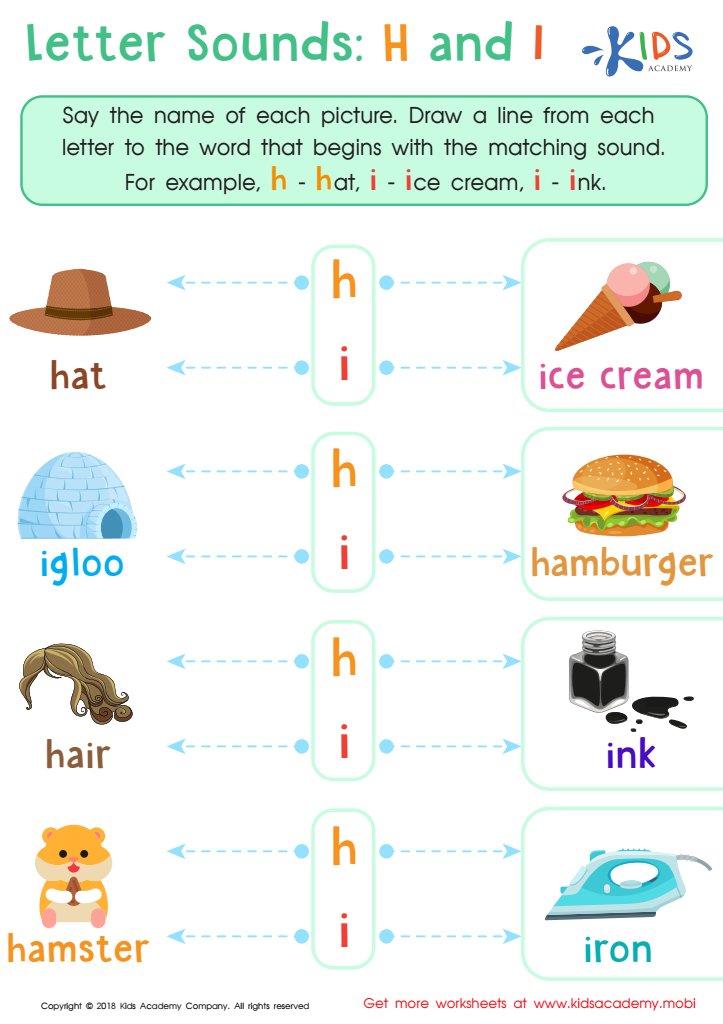

Letter H and I Sounds Worksheet
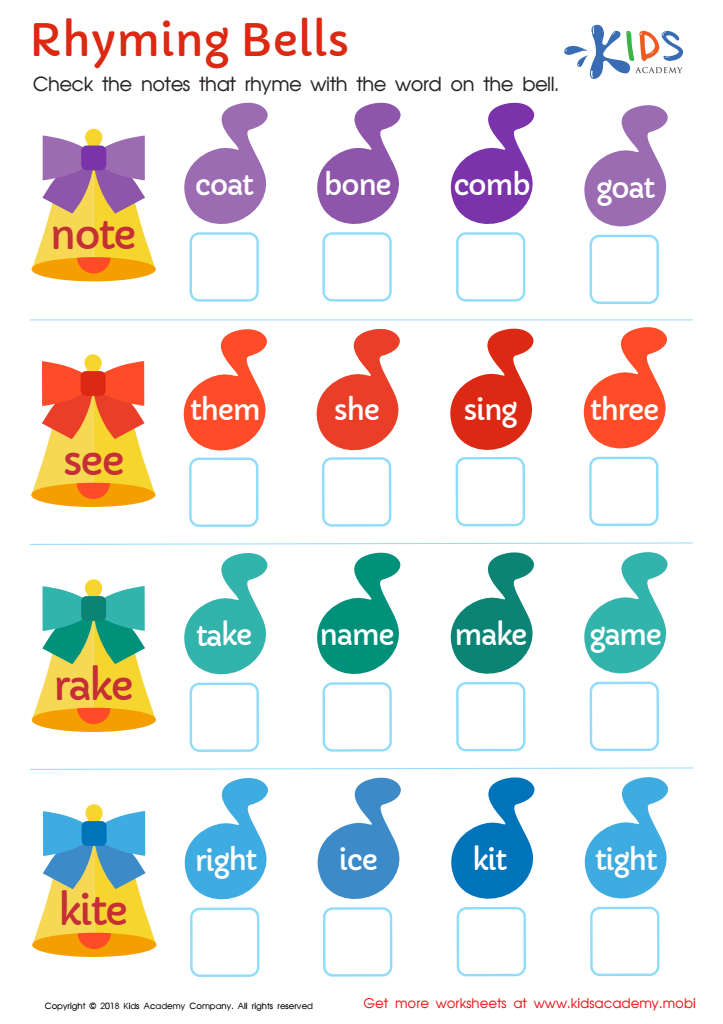

Rhyming Bells Worksheet
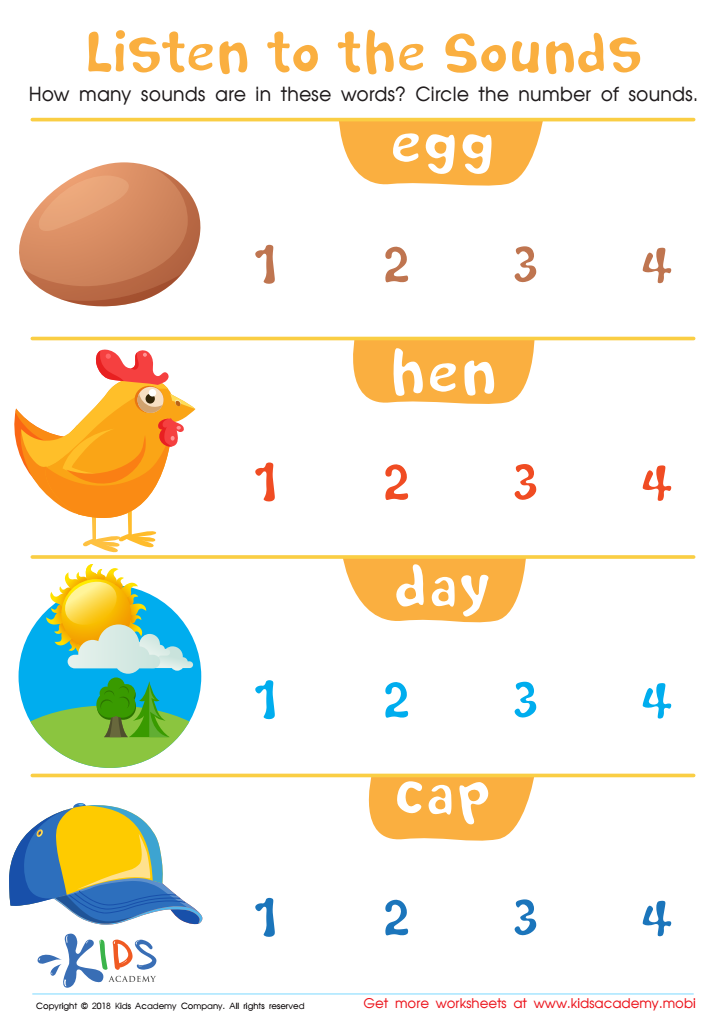

Listen to the Sounds Worksheet
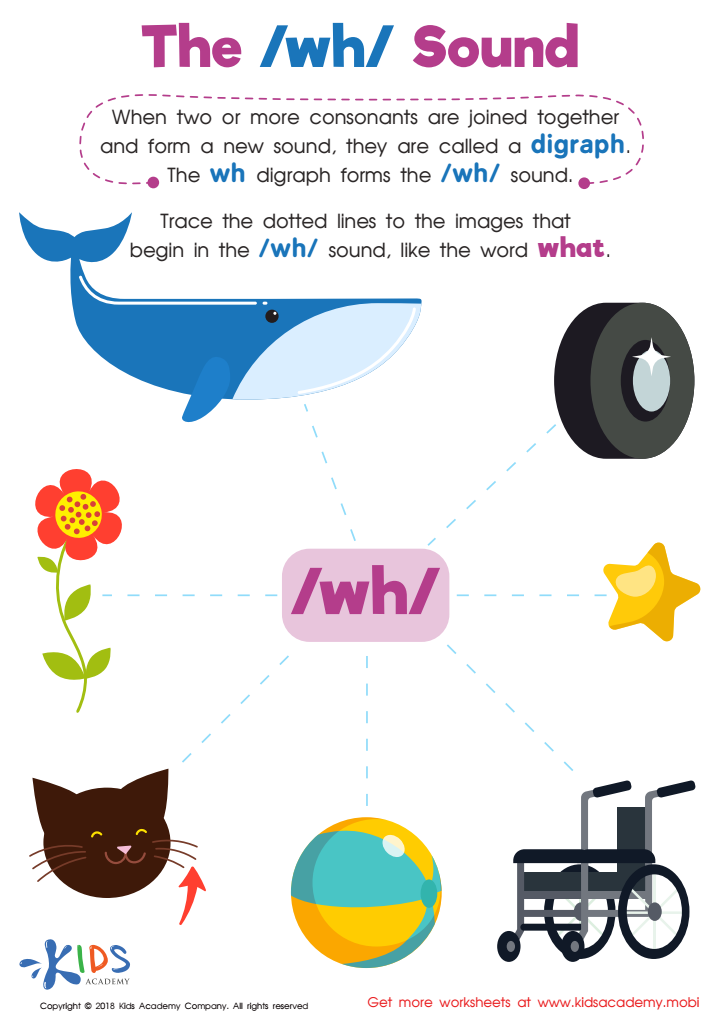

The /wh/ Sound Worksheet
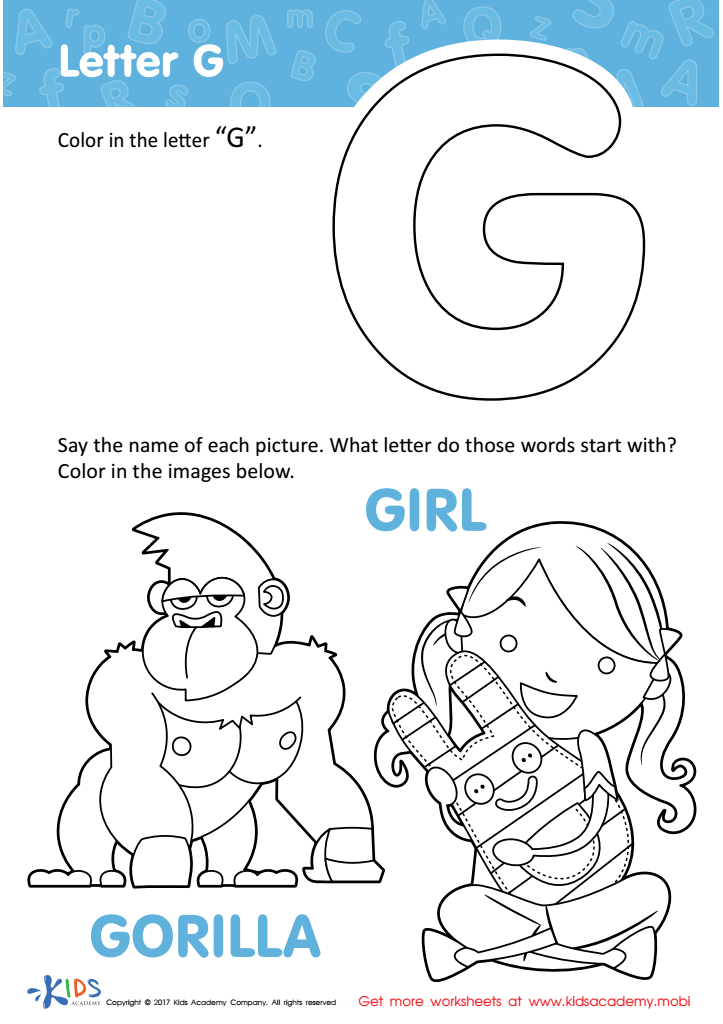

Letter G Coloring Sheet
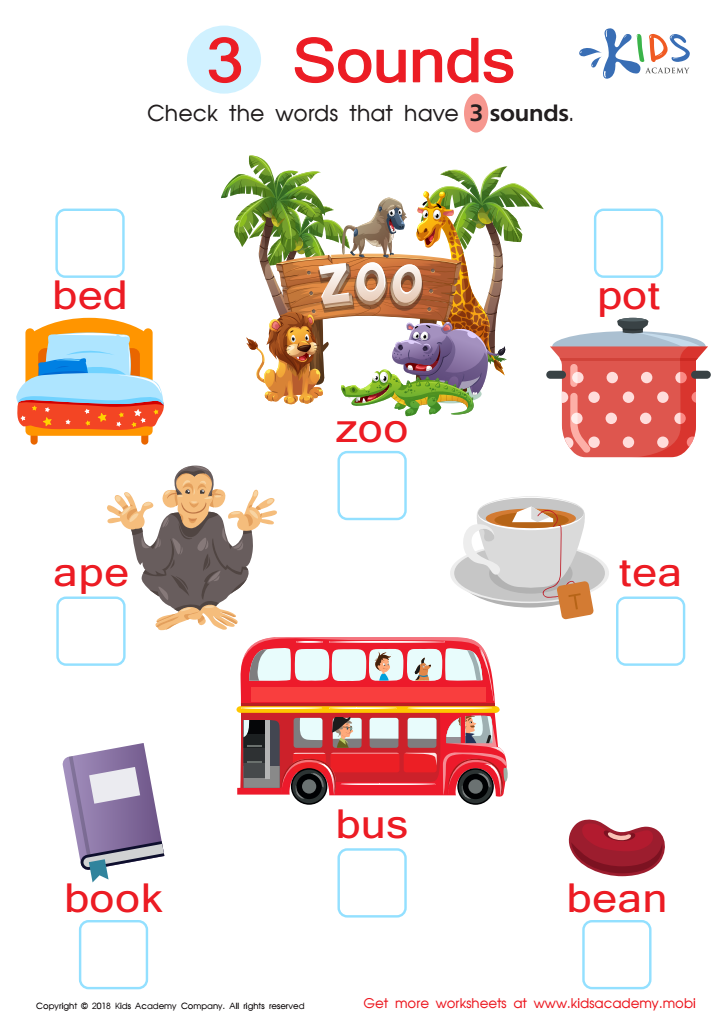

3 Sounds Worksheet
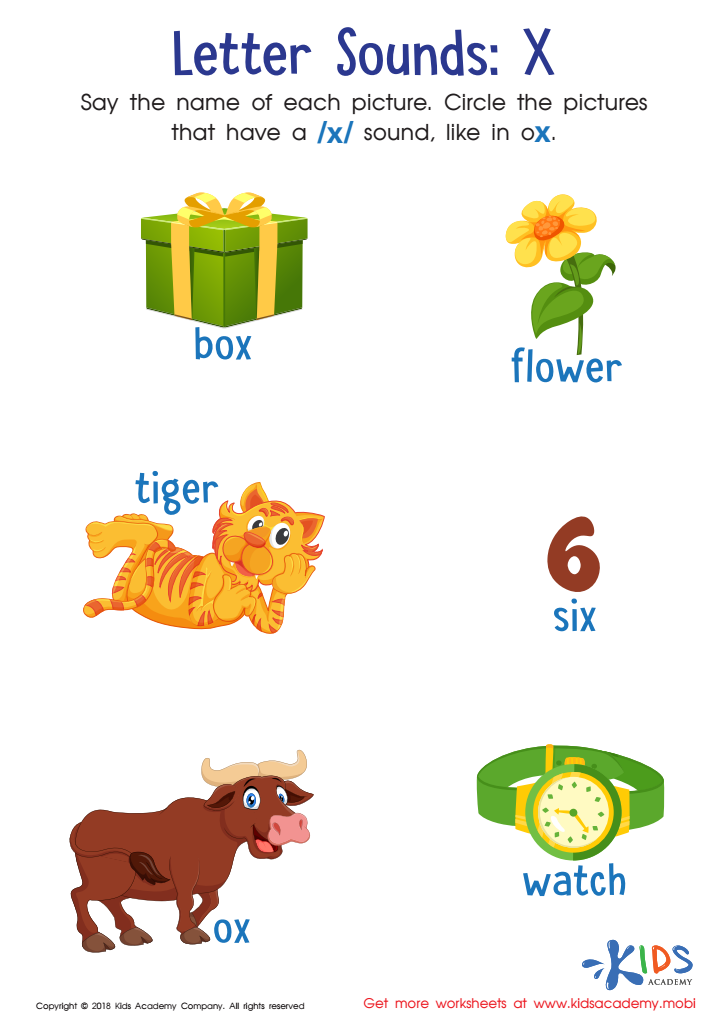

Letter X Sounds Worksheet
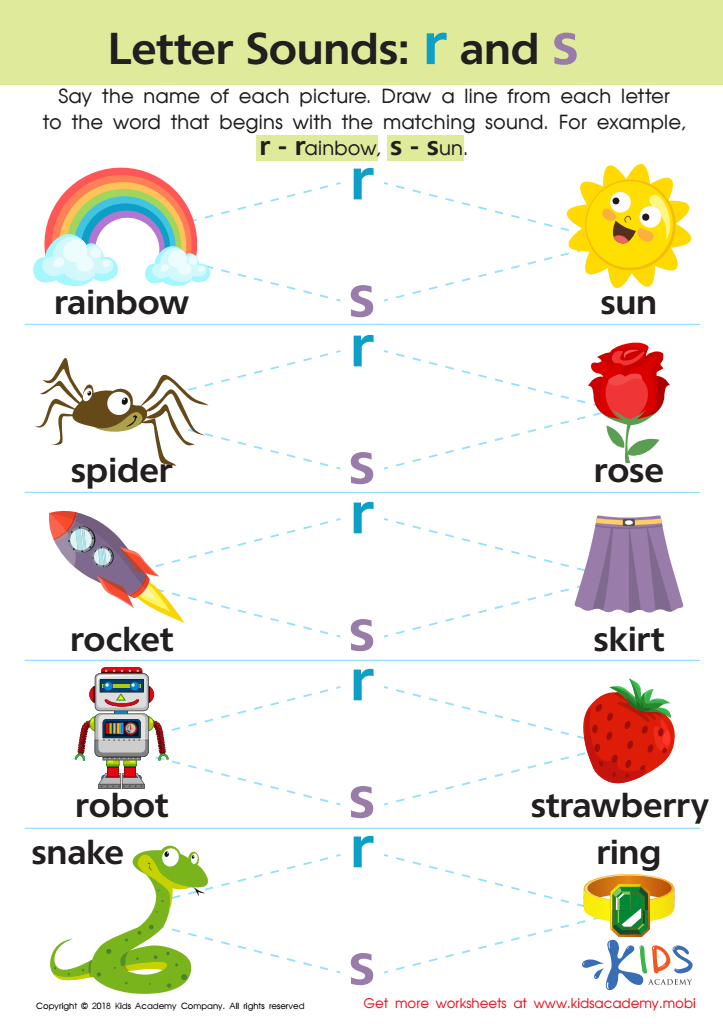

Letter R and S Sounds Worksheet
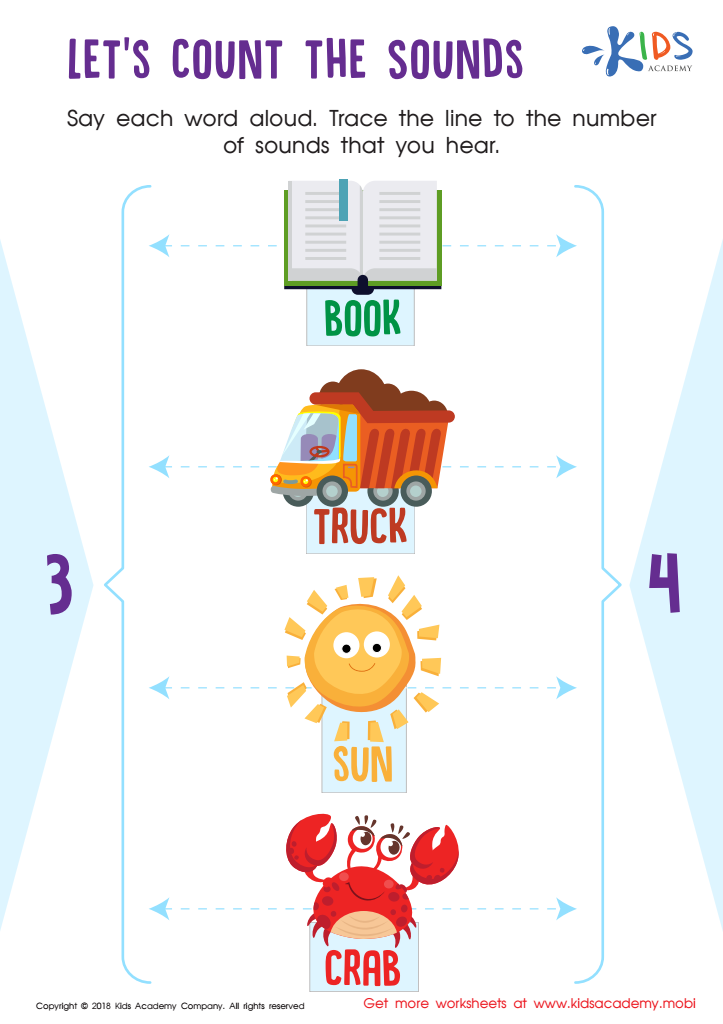

Let's Count the Sounds Worksheet


Words with sound f Reading Worksheet
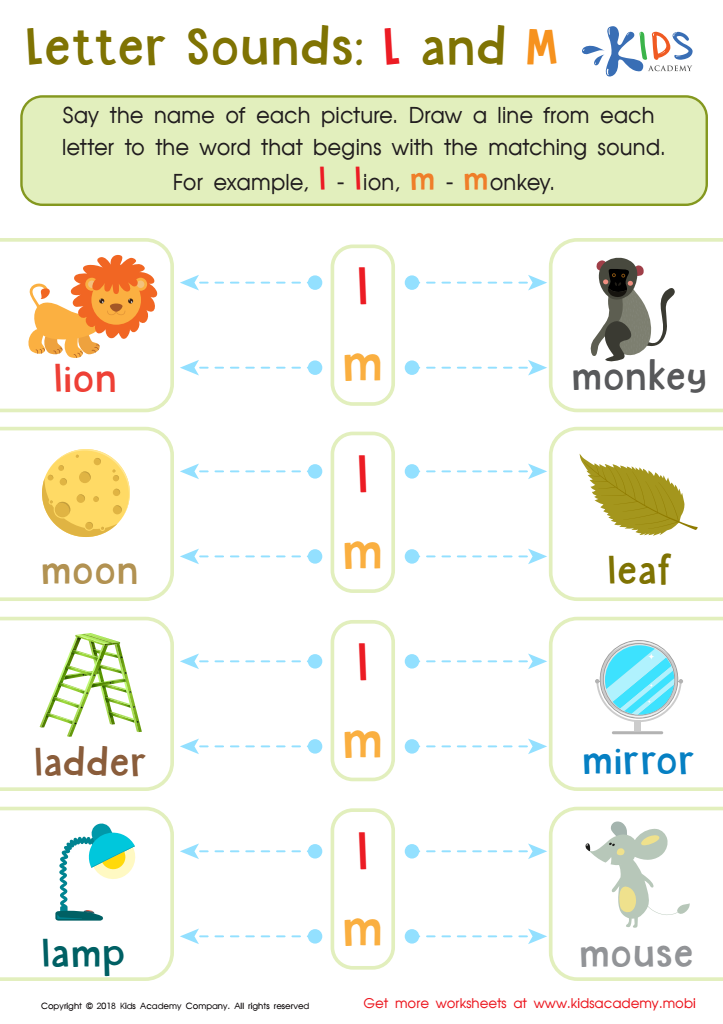

Letter l and M Sounds Worksheet


Phonological Awareness: Assessment 1 Worksheet
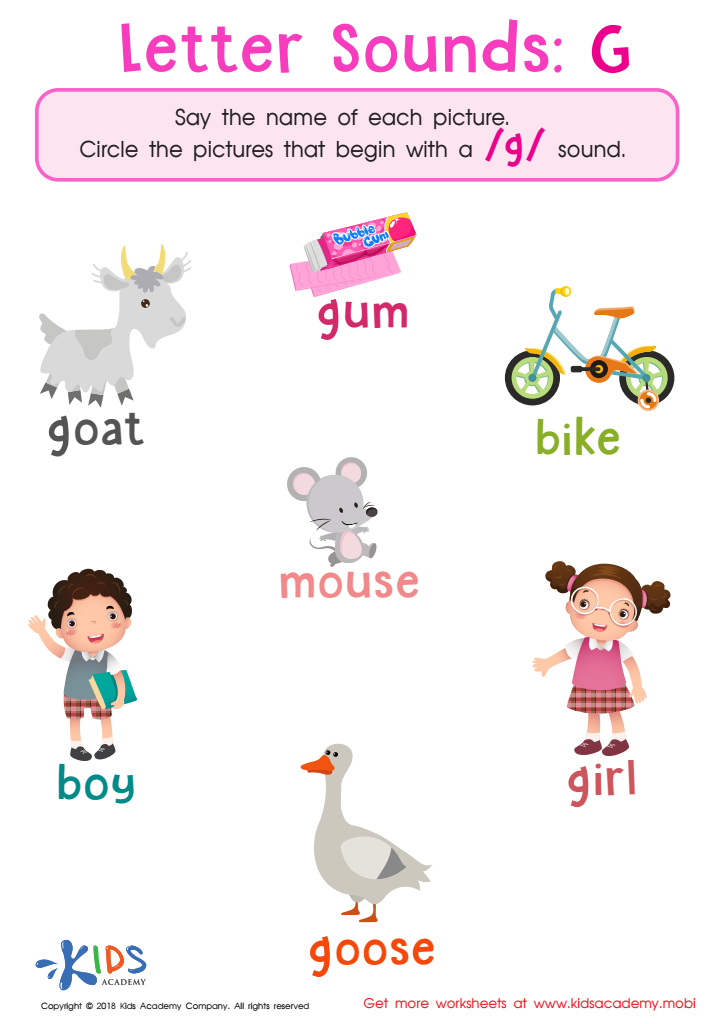

Letter G Sounds Worksheet
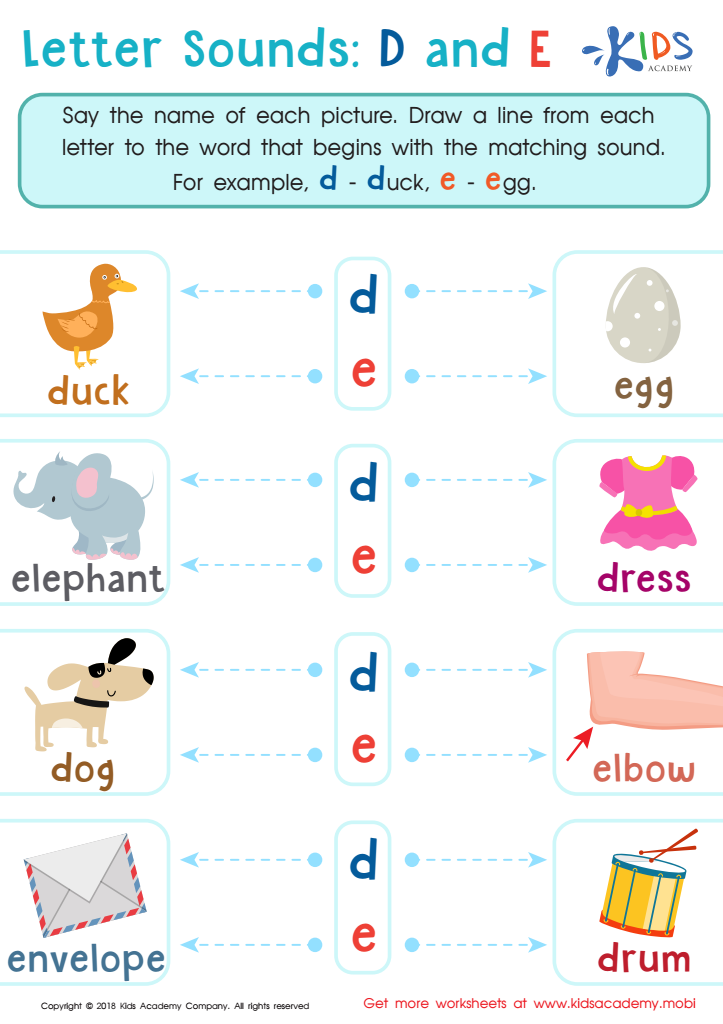

Letter D and E Sounds Worksheet
Sound Association with the Normal Alphabet is a crucial aspect of early literacy development for children aged 3-7. During these formative years, children are developing phonemic awareness, which is the ability to recognize and manipulate sounds in language. By associating sounds with the normal alphabet, children learn how letters correspond to specific sounds, forming the foundation for reading and writing skills.
Parents and teachers should care about this because it directly impacts a child’s ability to decode words, an essential skill for literacy. Proficient reading and writing abilities are linked to academic success across subjects, influencing a child's overall confidence and engagement in school. Furthermore, this foundational knowledge allows children to explore more complex literacy concepts in the future.
Additionally, fostering sound association can engage children’s auditory skills and enhance their vocabulary, laying the groundwork for effective communication. It promotes interactive learning experiences, involving songs, rhymes, and games that make learning enjoyable.
Ultimately, prioritizing sound association with the alphabet cultivates a love for reading, equipping children with the necessary skills to become fluent readers, critical thinkers, and lifelong learners. This not only benefits academic achievement but also enriches children's personal and social development.
 Assign to My Students
Assign to My Students





.jpg)








